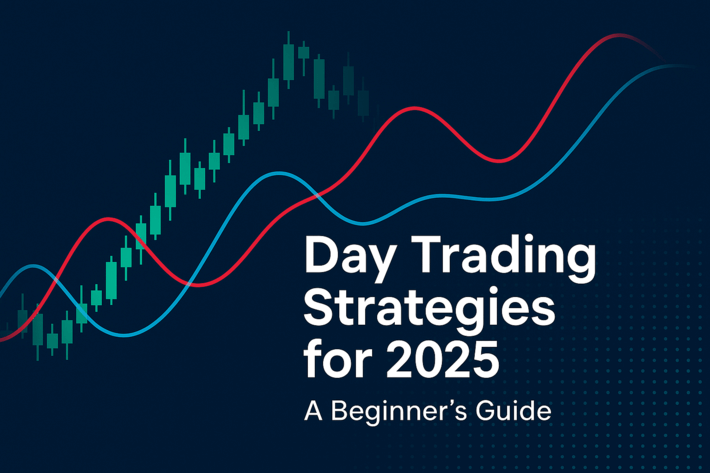The Risks of Binary Options Trading
Binary options trading offers an alluring proposition: quick returns and simple, “yes or no” trading mechanics. But as with all investment opportunities, the potential rewards come with risks that you should be aware of.
Binary Options Trading Risk Factors
Trading in binary options is influenced by a mix of both external and internal factors.
Market volatility is easily the biggest outside factor that plays a huge role in the outcome of a trade. Because traders usually trade in short time frames, any fluctuation and sudden change in market prices can lead to losses.
This can further be exacerbated by news and geopolitical events, or government reports on unemployment levels, which, among a myriad of other events all hold an incredible potential to disrupt the markets.
On a more individual level, the experience of the trader becomes a significant factor. Novice traders, unfamiliar with the nuances of the market, might be more susceptible to mistakes compared to their seasoned counterparts, or make emotional decisions which more often than not lead to further losses.
Understanding Trading Mechanics
Binary options trading, though seemingly simple, operates on certain fundamental mechanics that every trader must grasp.
For instance, a Call Option signifies a prediction that the asset's price will ascend, while a Put Option indicates the expectation of a price decline.
Furthermore, each trade is bound by an expiration time, which dictates the timeframe for the price prediction. This could be as short as 60 seconds or stretch out to several months.
Another pivotal concept is the payout, representing the potential return a trader stands to gain from a successful trade, typically expressed as a percentage.
Lastly, every trade is initiated at a strike price, which is the price of the asset at the time the trade begins.
Mitigating Risks
Ensuring long-term success in binary options trading necessitates a robust risk management strategy.
One of the primary ways traders can shield themselves from excessive losses is by diversifying their investments. Rather than staking all their capital on a single trade, it's wiser to spread it across various assets or types of trades.
Establishing and adhering to a budget is another critical measure. By deciding on a fixed budget for trading, traders can safeguard themselves from the pitfalls of chasing losses or becoming overly enthusiastic about potential profits.
Implementing stop-loss strategies offers another layer of protection. We advise that you set a predetermined level where trades will close automatically in order to cap potential losses, and ensure they don't exceed limits that are acceptable to you at the moment.
Being updated with market news and trends is not just about seizing opportunities but also about risk mitigation. Recognizing market indicators and reacting promptly can mean the difference between a profitable trade and a loss.
Lastly, demo trading offers traders a sandbox environment. Here, you can refine your binary options trading strategies, get familiar with trading platforms, and make mistakes without any real-world financial repercussions.
Why Is Regulation Important?
Regulatory bodies play a vital role in overseeing and ensuring the fair practices of binary options trading worldwide.
In the U.S, the Commodity Futures Trading Commission (CFTC) supervises futures and options markets, and alongside the Securities and Exchange Commission (SEC), they safeguard American investors by regulating binary options trading and related entities.
Always choose brokers that are Designated Contract Markets (DCMs), as those trading companies are most likely to be regulated by the two aforementioned regulatory bodies.
Some of the ways these institutions provide protection through regulation are:
- Protection Against Fraud: Regulation safeguards traders from fraudulent brokers who might manipulate trading results, refuse withdrawals, or disappear with traders' funds.
- Standardized Operations: Regulatory bodies ensure that binary options brokers operate under set standards, offering traders transparency and fair play.
- Dispute Resolution: In case of disagreements between brokers and traders, regulatory bodies often provide mechanisms to address and resolve these disputes.
- Ensuring Financial Solvency: Regulated brokers are required to maintain adequate capital reserves. This ensures they can pay traders even if they go out of business.
I have always thought of myself as a writer, but I began my career as a data operator with a large fintech firm. This position proved invaluable for learning how banks and other financial institutions operate. Daily correspondence with banking experts gave me insight into the systems and policies that power the economy. When I got the chance to translate my experience into words, I gladly joined the smart, enthusiastic Fortunly team.





